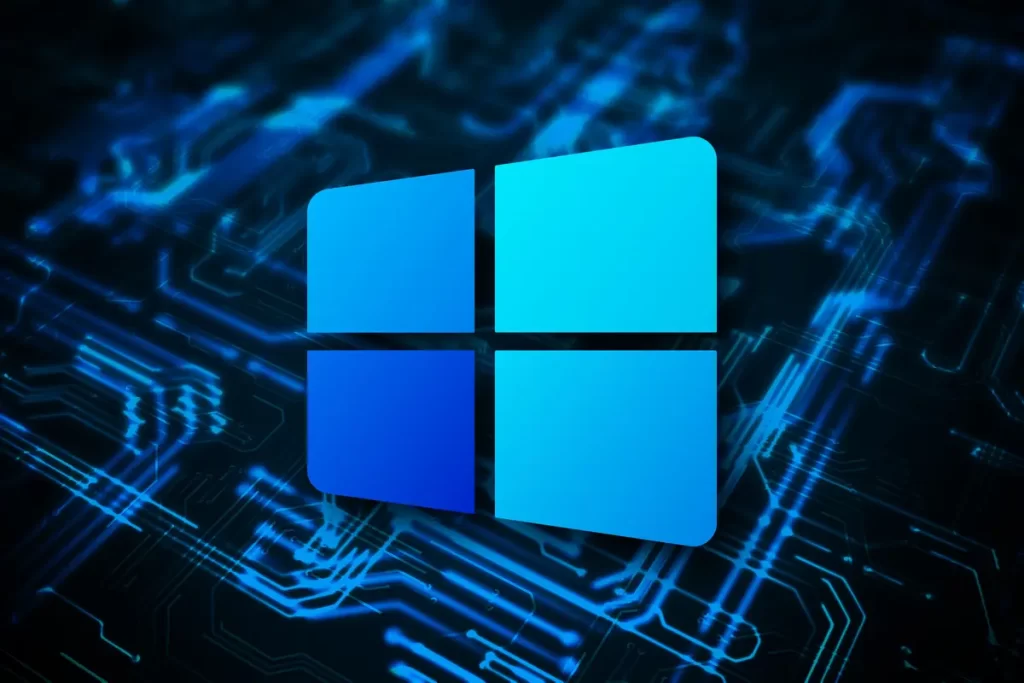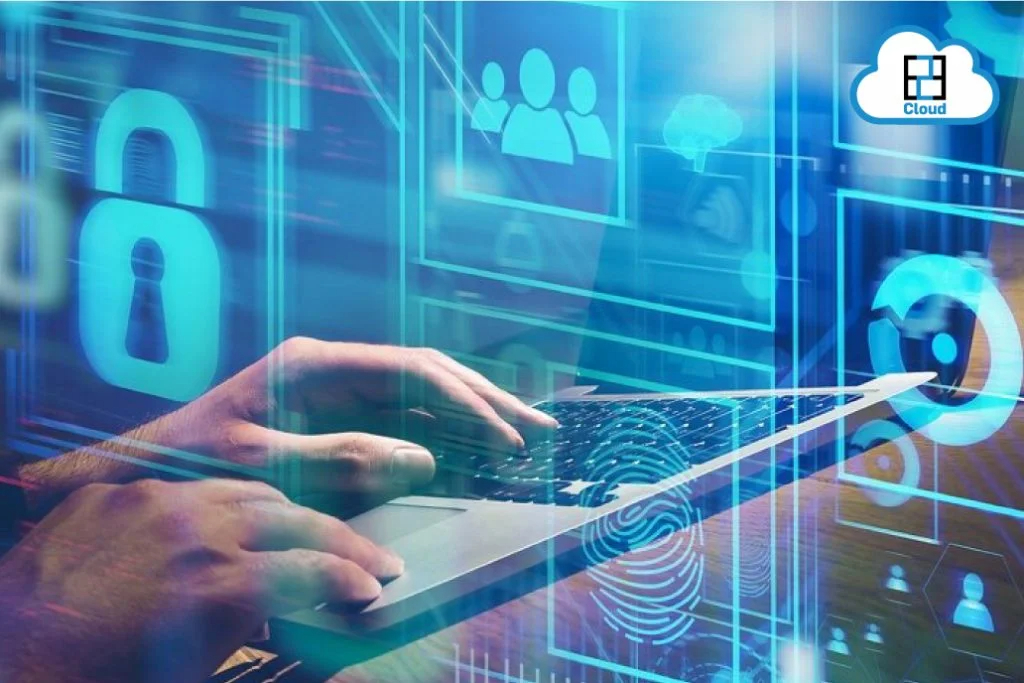The Future of Computer Forensics – Trends and Innovations
The future of computer forensics is poised to witness remarkable trends and innovations, driven by the rapid advancement of technology and the growing complexity of digital crimes. As criminals adapt to the evolving digital landscape, computer forensic experts must stay ahead of the curve to effectively investigate and solve cybercrimes. Several key trends and innovations are expected to shape the future of this field. Firstly, artificial intelligence (AI) and machine learning (ML) will play a pivotal role in computer forensics. AI-powered tools can analyze vast amounts of digital data and detect patterns or anomalies that may be indicative of criminal activity. ML algorithms can learn from past cases, enabling investigators to identify potential threats and develop proactive measures to prevent cybercrimes. Moreover, AI can aid in automating routine tasks, such as data processing and evidence collection, freeing up investigators to focus on more complex aspects of their work.
Another significant trend is the rise of cloud computing and virtualization. With the increasing adoption of cloud-based technologies, computer forensic experts must adapt their techniques to extract and analyze digital evidence stored in virtual environments. This includes understanding the complexities of virtualized systems, data encryption and remote storage as well as developing tools and methodologies to effectively investigate crimes that occur in the cloud. The proliferation of the Internet of Things (IoT) will also have a profound impact on computer forensics. As everyday objects become interconnected, they generate vast amounts of data that can serve as potential evidence in criminal investigations. Computer forensic experts will need to develop expertise in IoT devices, protocols and data extraction techniques to uncover digital footprints left behind by criminals. Additionally, the security challenges posed by IoT devices, such as vulnerabilities and data breaches, will require innovative approaches to digital forensics.
Blockchain technology is another area that will influence the future of computer forensics. While blockchain provides a decentralized and tamper-resistant framework, it is not immune to criminal activities. Investigators will need to understand the intricacies of blockchain architecture and develop techniques to analyze transactions and trace illicit activities on distributed ledgers. Moreover, emerging blockchain-based cryptocurrencies and their potential for money laundering and illicit transactions will necessitate advancements in forensic techniques for investigating and prosecuting digital financial crimes and investigate this page https://lifeviewresources.com/. Lastly, privacy and data protection will continue to be critical concerns in computer forensics. As digital technologies advance, so do the challenges associated with obtaining and preserving digital evidence without infringing on individuals’ rights. Computer forensic experts must strike a delicate balance between preserving privacy and gathering evidence lawfully. Innovations in encryption, privacy-preserving technologies and secure data sharing frameworks will shape the future of forensic investigations. Computer forensic experts must adapt to these emerging technologies, constantly update their skill sets and collaborate with other stakeholders to stay ahead in the cat-and-mouse game against cybercriminals. With robust and agile methodologies, computer forensics will continue to be an indispensable tool in the fight against digital crimes, ensuring justice and security in the evolving digital landscape.






